The practice of caging birds has been a subject of ethical debate, raising important questions about the well-being and rights of these sentient creatures. The allure of owning a pet bird has led to a complex dilemma: is caging birds tantamount to animal cruelty?
While proponents argue that caging offers protection and companionship, critics assert that it infringes upon the natural instincts and freedom that birds are inherently designed for.
Examining this issue requires careful consideration of the physical, psychological, and social needs of birds and the moral responsibility of humans towards these animals.
This debate underscores broader concerns about how we interact with animals and our duty to ensure their welfare while striking a balance between human desires and respecting the intrinsic rights of fellow creatures.
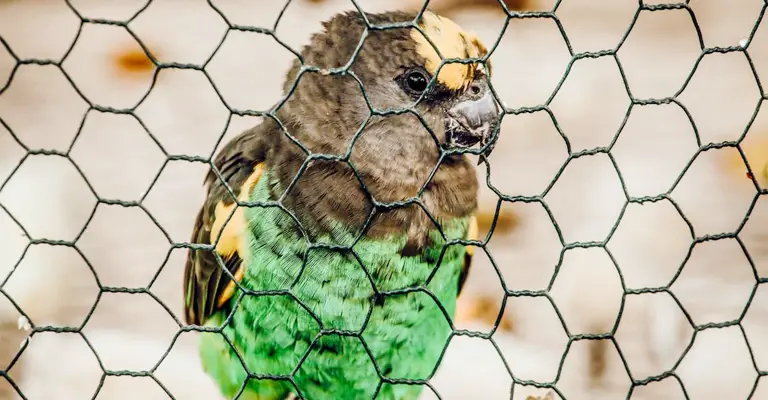
Is Caging Birds Animal Cruelty?
Caging birds is a form of animal cruelty because it deprives them of their natural behaviors and needs.
Here are some points to explain why caging birds is cruel and harmful:
Flying
Birds are meant to fly, not to be confined in small cages. Flying is essential for birds’ physical and mental health, as it allows them to exercise, explore, and socialize.
Caging birds prevent them from flying and cause them to suffer from boredom, frustration, and stress.
Enrichment
Birds are intelligent and playful animals that need stimulation and variety in their lives.
They need objects, toys, and enrichment that allow them to climb, play, and behave normally. Cages are often barren and devoid of any enrichment for birds, which makes them depressed and anxious.
Socialization
Birds are social animals that need to interact with other birds of their own species. They form strong bonds with their mates and flock members and communicate with each other through vocalizations and body language.
Caging birds isolate them from other birds and deprive them of their natural social needs.
Abnormal Behaviors
Caging birds often lead to the development of abnormal behaviors that indicate mental suffering.
These include feather plucking, excessive vocalization, fear, aggression, self-mutilation, and stereotypies (repetitive movements with no purpose). These behaviors are signs of distress and frustration in birds.
These are some of the main points about why caging birds is animal cruelty. It violates their basic rights and needs as living beings and causes them to suffer physically and emotionally.
Birds deserve to live in freedom and happiness, not in captivity and misery.
Reasons You Shouldn’t Pet A Bird
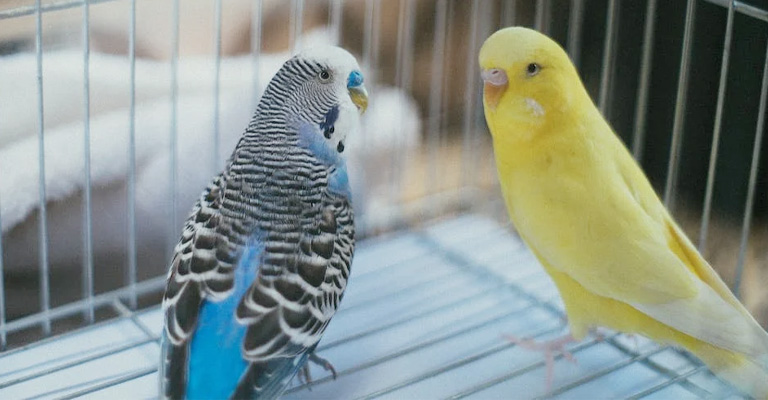
Petting a bird may seem like a harmless and affectionate gesture, but it can actually have negative consequences for both the bird and the owner.
Here are some reasons why you shouldn’t pet a bird:
It Can Trigger Hormonal Responses
Birds are very sensitive to touch, especially on certain parts of their bodies, such as the back, the wings, and the tail.
Petting these areas can stimulate the bird’s reproductive hormones, which can cause them to become sexually frustrated, aggressive, or territorial.
They may also start to display mating behaviors, such as regurgitating food, nesting, or laying eggs. This can be stressful and unhealthy for the bird and also confusing and annoying for the owner.
It Can Damage The Feathers
Birds have delicate skin and feathers, and even gentle petting can cause injury. Petting against the direction of the feathers can ruffle them and make them lose their natural shape and alignment.
This can affect the bird’s ability to fly, regulate its body temperature, and protect itself from parasites. Petting can also pull out or break the feathers, which can be painful and lead to infections.
It Can Reduce The Bird’s Independence
Birds are intelligent and social animals that need stimulation and variety in their lives. They need objects, toys, and enrichment that allow them to climb, play, and behave normally.
Petting a bird too much can make it dependent on human attention and reduce its interest in other activities. This can lead to boredom, depression, and abnormal behaviors, such as feather plucking, excessive vocalization, or self-mutilation.
These are some of the main reasons why you shouldn’t pet a bird. It may seem like a nice way to show your love and affection, but it can actually harm your bird’s physical and mental well-being.
Instead of petting your bird, you should try other ways to bond with it, such as talking to it, teaching it tricks, or offering it treats.
These methods will help you build a healthy and respectful relationship with your feathered friend.
When the Novelty of Caged Birds Wears Off?
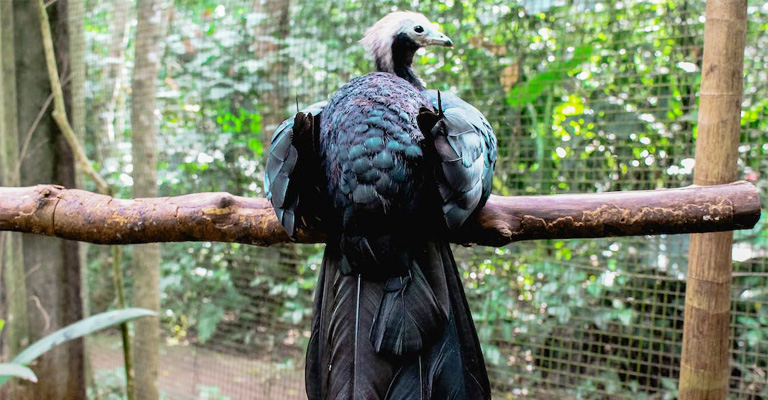
Caging birds is a form of animal cruelty because it deprives them of their natural behaviors and needs.
Many people buy birds as pets without realizing the responsibility and commitment involved in caring for them. When the novelty of caging birds wears off, many owners neglect, abandon, or give away their birds, causing them to suffer physically and emotionally.
Here are some points to explain what happens when the novelty of caging birds wears off:
Neglect
Many bird owners do not provide adequate food, water, space, enrichment, or veterinary care for their birds. They may leave them in small, dirty cages for long periods of time without any attention or stimulation.
This can cause the birds to become malnourished, dehydrated, sick, or injured. Neglected birds may also develop behavioral problems, such as feather plucking, excessive vocalization, fear, aggression, or self-mutilation.
Abandonment
Some bird owners may decide to get rid of their birds when they lose interest in them or find them too difficult to handle.
They may release them into the wild, where they have little chance of survival, or dump them at shelters or sanctuaries, where they may face overcrowding or euthanasia. Abandoned birds may suffer from stress, trauma, loneliness, or disease.
Rehoming
Some bird owners may try to find new homes for their birds when they can no longer keep them.
However, this can be challenging and risky, as many potential adopters may not have the knowledge or experience to care for birds properly.
Rehoming can also be stressful and confusing for the birds, as they have to adjust to new environments and people. Rehomed birds may experience anxiety, depression, or attachment issues.
These are some of the main points about what happens when the novelty of caging birds wears off.
It is a sad and cruel reality that many birds face in the pet trade. Birds are intelligent and social animals that need freedom and happiness, not captivity and misery.
If you are thinking of getting a bird as a pet, please do your research and make sure you are ready for lifelong commitment and responsibility. If you already have a bird as a pet, please treat it with respect and love, and provide it with the best care possible.
Which Bird Shouldn’t Be Caged?
Caging birds is a form of animal cruelty because it deprives them of their natural behaviors and needs.
According to the web search results, there are many bird species that should not be caged anyhow because they are highly intelligent, sensitive, and social animals that need freedom and happiness, not captivity and misery.
Here are some examples of such birds:
Parrots
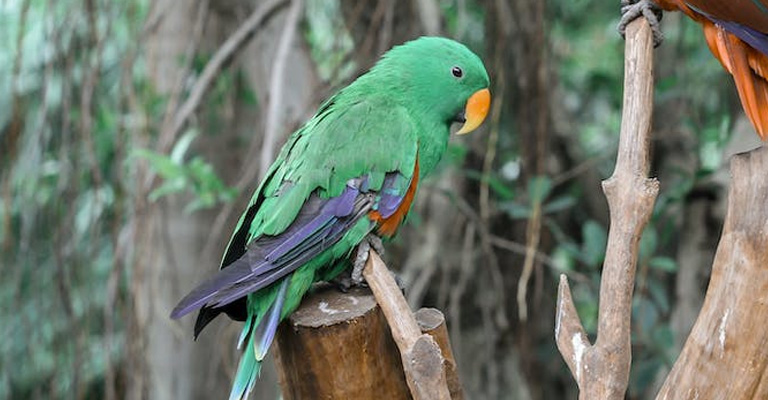
Parrots are among the most popular and diverse pet birds in the world, with over 300 species. However, they are also among the most exploited and abused. Parrots are very smart and curious animals that need stimulation and variety in their lives.
They also form strong bonds with their mates and flock members and communicate with each other through vocalizations and body language.
Caging parrots prevents them from flying, playing, exploring, and socializing. This can cause them to suffer from boredom, depression, anxiety, and stress.
Caged parrots often develop abnormal behaviors, such as feather plucking, excessive vocalization, fear, aggression, or self-mutilation.
Hummingbirds
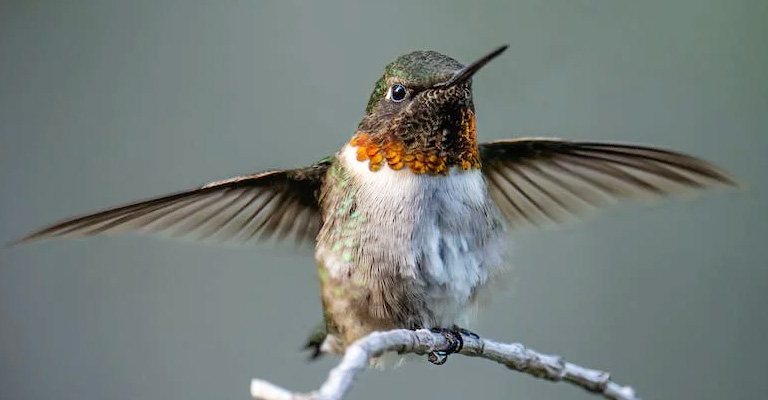
Hummingbirds are the only birds in the world that can fly backward for a substantial amount of time.
This is because their wings’ muscle structure is essentially a ball and socket joint, which allows them to move their wings up, down, backward, and forwards.
Not only this, but they can also rotate their wings to form a figure of eight. This gives them incredible control and maneuverability in flight, which they use to hover over flowers and feed on nectar.
Hummingbirds can also fly sideways, upside down, and even do somersaults in the air. They are truly the masters of balance and agility.
Caging hummingbirds deprives them of their natural ability to fly and feed. This can cause them to become weak, sick, or injured.
Woodpeckers
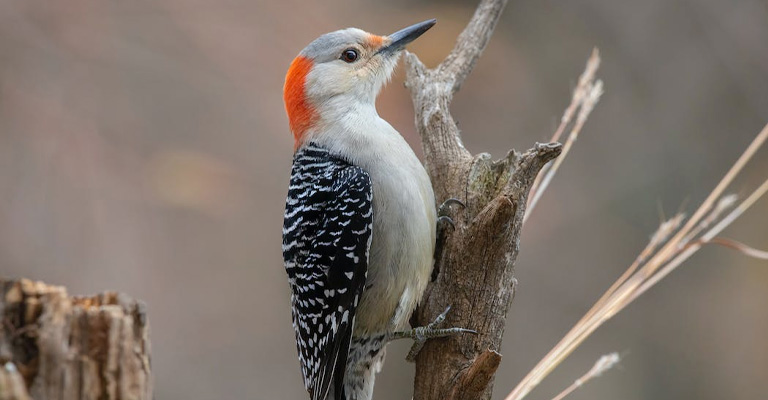
Woodpeckers are specialized birds that can drill holes in trees with their powerful beaks. They have stiff tail feathers that act as a prop, supporting their weight and keeping them balanced on the tree trunk.
They also have two toes facing forward and two toes facing backward, which help them cling to the bark. Woodpeckers can move up, down, or sideways on the tree, using their beaks and feet as tools.
Caging woodpeckers prevents them from expressing their natural behavior of pecking and climbing. This can cause them to become frustrated, bored, or stressed.
These are some of the main examples of birds that should not be caged anyhow. They are both fascinating and impressive animals that have adapted to their environments in different ways.
They share some similarities, such as having wings and being vertebrates (animals with a backbone), but they are more different than alike. They deserve to live in freedom and happiness, not in captivity and misery.
FAQ
The answer is debatable. Some people believe that caging birds can be cruel due to the potential limitations on their natural behaviors and freedom.
Others argue that responsible care and appropriate environments can ensure their well-being.
Caging can impact birds’ physical and psychological health. Limited space may inhibit natural movement, and isolation can lead to stress and behavioral problems.
Adequate mental stimulation and social interaction are crucial for their overall well-being.
Birds can survive and even thrive in captivity when provided with proper care, suitable enclosures, and enrichment.
However, their well-being depends on replicating their natural environment as closely as possible and addressing their specific needs.
Caging should prioritize birds’ needs: ample space, appropriate perches, toys for stimulation, and proper nutrition.
Regular vet check-ups and social interaction are essential. Research on species-specific requirements is crucial to ensure their well-being.
Ethical considerations involve providing large and enriching enclosures, allowing for natural behaviors, and promoting social interaction.
Supporting organizations that focus on bird conservation, advocating for avian welfare, and adhering to ethical guidelines can contribute to responsible bird ownership.
Conclusion
The question of whether caging birds constitutes animal cruelty is a nuanced one, intertwining human desires with the welfare of avian companions.
While some argue that responsible care and suitable environments can mitigate the negative effects of captivity, it remains essential to acknowledge that the confinement of birds challenges their natural behaviors and instincts.
Striving for ethical treatment necessitates understanding the complex needs of these creatures and making informed decisions that prioritize their welfare.
As the discussion continues, it prompts us to reevaluate our relationship with animals, demanding a balance between companionship and the preservation of their inherent rights to freedom and well-being.